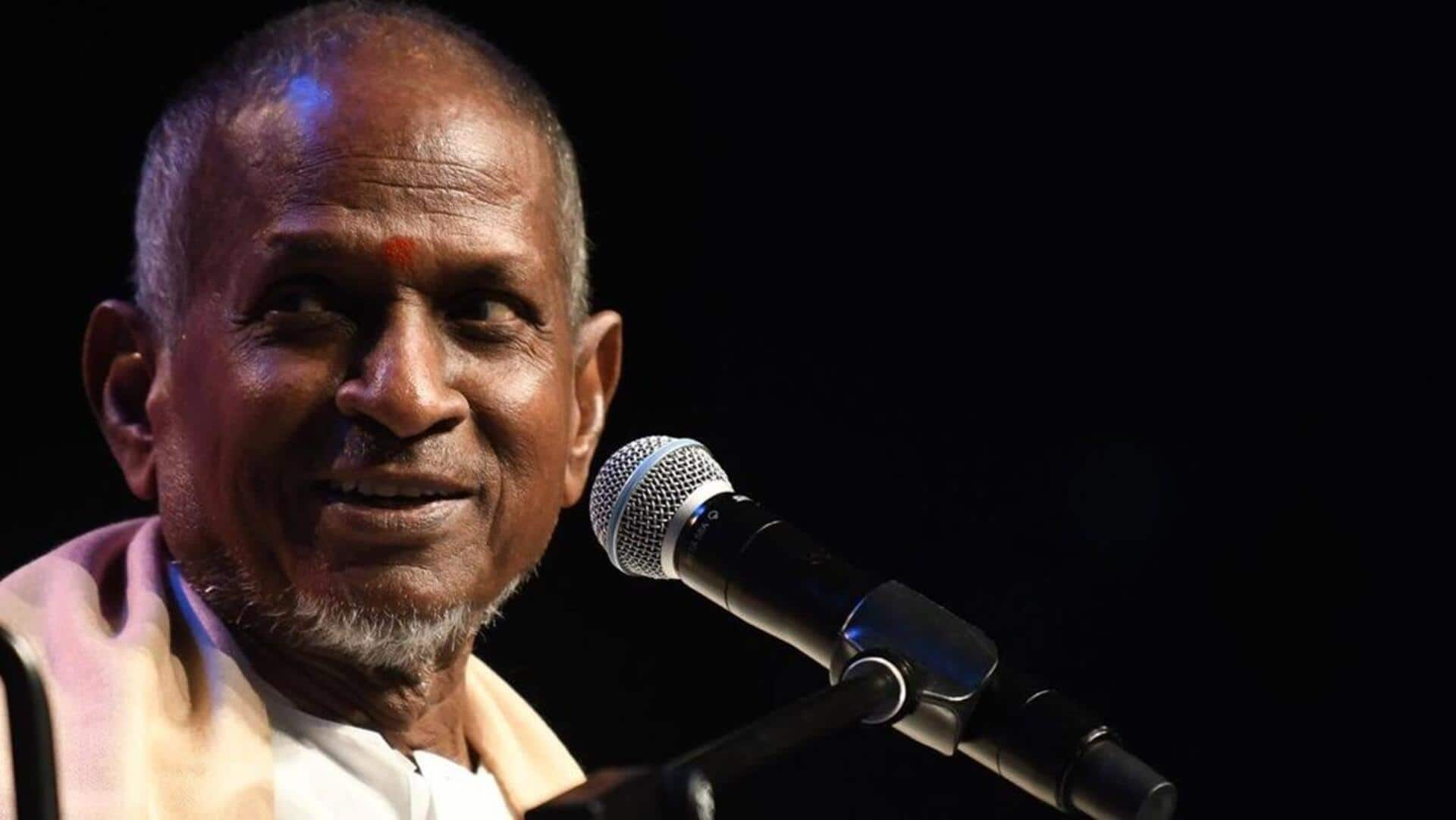
Ilaiyaraaja v/s Sony Music: SC refuses to transfer copyright suit
What's the story
The Supreme Court of India on Monday dismissed a petition filed by renowned music composer Ilaiyaraaja. The petition sought to move a suit concerning the copyright of over 536 of his musical works from the Bombay High Court to the Madras High Court. The legal dispute was initiated by Sony Music Entertainment India in 2022, seeking an injunction against Ilaiyaraaja Music N Management Pvt Ltd (IMMPL) from using these works.
Legal dispute
Details of the case
Sony Music filed the suit in 2022, claiming that it had acquired the rights to these works from Oriental Records and Echo Recording. IMMPL countered this by stating that 310 of the 536 works claimed by Sony are already involved in proceedings before the Madras High Court, as per Bar and Bench. Back in 2014, the master composer had challenged Echo Recording's rights over his compositions and asserted his moral and economic rights under the Copyright Act.
Court proceedings
About Madras HC's ruling
The Madras High Court had granted interim relief in 2015, eventually ruling in 2019 that while Echo held the sound recording rights, Ilaiyaraaja retained moral and special rights over the compositions. The assignment to Agi Music by Ilaiyaraaja's late wife Jeevaraja in 2007 was deemed to have expired in 2012. Following this judgment, Echo transferred its catalog to Oriental Records, which later sold it to Sony.
Transfer petition
What IMPL argued
IMMPL argued that the Bombay suit is a mere repetition of matters already before the Madras High Court. They highlighted that appeals are pending in the Madras court, and a stay has been granted on the 2019 judgment recognizing Echo's rights. Furthermore, IMMPL pointed out that Sony's suit is at a preliminary stage, while proceedings in Madras are much more advanced.
Business operations
'Allowing simultaneous proceedings could lead to conflicting judgments'
IMMPL also argued that it has no business presence in Mumbai and operates solely from Chennai. The petition stressed that allowing simultaneous proceedings before two High Courts could lead to conflicting judgments and multiple litigations. Chief Justice of India BR Gavai and Justices Vinod Chandran and NV Anjaria heard the case.